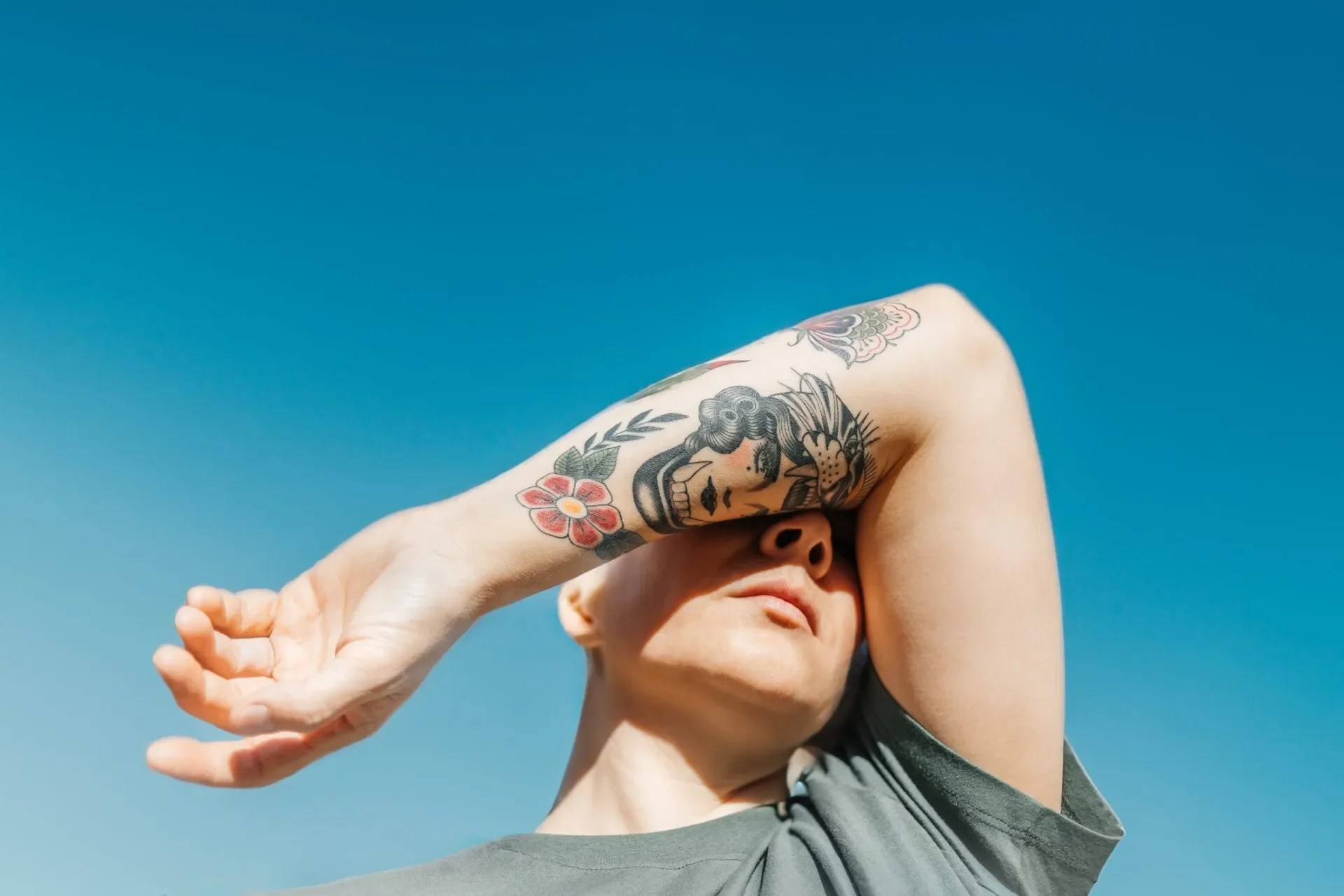
The author G.K. Chesterton once said that “meaningless does not come from being weary of pain; meaningless comes from being weary of pleasure.” This truism seems particularly apt in the age of the smartphone: we have seemingly endless entertainment, distractions and information in our pocket, and yet record numbers of people rely on medication to help them get through the day. According to a new report in the Wall Street Journal, “happy pills” have been recast as a trendy lifestyle choice for young people.
While antidepressant use has soared over the last decade, happiness has not. Last year, around 9 million adults and 500,000 children were prescribed antidepressants, and many of these people are now sharing their stories online. User shares per video tagged #ssri nearly quadrupled from 2022 to 2025, whilst #antidepressants has surpassed 1.3 billion views on TikTok. Influencers, some paid by Big Pharma, try to destigmatise antidepressants by reframing them as accessories for enlightened and empowered young women — just another form of self-care.
This romanticisation of mental illness is nothing new: think of the beautiful-sad-girl iconography in Sofia Coppola’s 1999 The Virgin Suicides or Angelina Jolie’s Oscar-winning role in Girl, Interrupted that same year. What is new is the speed and scale at which young women can communicate — and inevitably compete — in the aestheticisation of their suffering, and how this jars with Generation Z’s otherwise clean-cut image.
For many young people, wellness has replaced religion as the moral signposting by which they live their lives. Members of Gen Z shun alcohol, smoking and recreational drugs, and are seemingly more likely to go to pilates than the pub. Practices that would once have been ridiculed are now commonplace: juice cleanses, protein shakes, vitamin drips, sunrise yoga sessions, ice baths, collagen supplements, probiotics. Every week there is a new trend — “loaded water” (read: electrolytes), fibre-maxxing, lion’s mane mushrooms — to help people in their endless pursuit of self-optimisation. It therefore seems strange that this generation is so likely to take pills which may do more harm than good.
Of course, antidepressants can be helpful for some people. Yet clickbait reels do not tell the whole story. Content creators can post all they like about how SSRIs allowed them to #girlboss again, but the reality is that most users will suffer from side effects, some of which can be severe, distressing or lasting. Stopping antidepressants can also feel terrible, and this withdrawal may reflect dependence on the drug rather than its inherent benefits.
Perhaps, like all other wellness fads, this pining for a quick prescription is about control, or, having some semblance of it, over our lives. Perhaps it is because social media has convinced us that all the normal trials and tribulations of life — whether that be ageing, mundane routines, or sadness — are something to be avoided and “fixed” at all costs. The allure of a miracle cure may be irresistible, but it won’t give our lives the meaning we are looking for.
Source link

